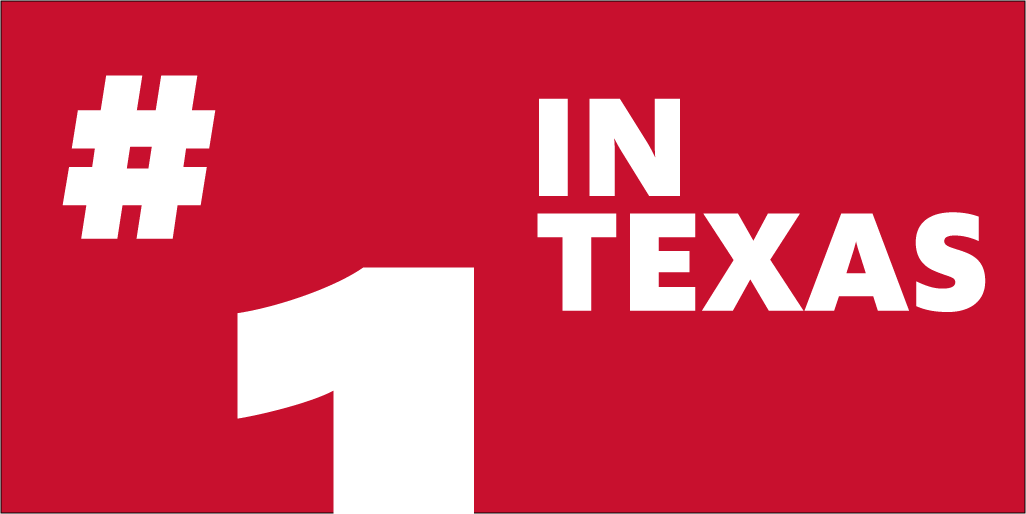
In May 2017, after completing four years at the UH College of Pharmacy, 105 Pharm.D. students took the North American Pharmacist Licensure Examination (NAPLEX). When the exam was scored, 99.05 percent of UH pharmacy students had passed.
The results give the UH College of Pharmacy the highest passing rate in Texas and third highest in the United States. That is even as national pass rates on the exam, administered by the National Association of Boards of Pharmacy, have taken a downturn in recent years.
Pass rates for the NAPLEX dropped to 85 percent across the country in 2016. The decline has been variously attributed to the test format change – it’s gone from 4.5 hours to 6 hours and the number of questions increased from 185 to 250.
No matter the differences, they only seemed to inspire students from the University of Houston.
"Although we always aim for perfection in achieving a 100 percent first-time pass rate, the 2017 results are nonetheless an outstanding and impressive achievement by our Pharm.D. graduates,” said Pharmacy Dean F. Lamar Pritchard.
Pritchard said the scores are the result of team work by faculty, staff and practitioners who help train students and alumni mentors who “create and maintain an environment where our students are educated and trained to provide the highest level of care for their patients."
UH College of Pharmacy continues to seek innovative ways to improve and enhance its academic programs. In fall 2018, the college will launch a re-engineered curriculum designed to better prepare students for their final academic year spent in hospitals, clinics and other patient-care settings applying their knowledge and skills in such specialties as infectious diseases, oncology, pediatrics and transplant medicine.
The new curriculum will integrate core knowledge areas – like the effects of drugs in the body and how to select a particular drug among a range of options -- into courses based on organ systems and disease states, and will offer earlier practical training, such as flu shot instruction.
“The new curriculum is intended to produce students who are practice-ready upon arrival at the experiential site and able to learn and contribute at a higher level, which ultimately means that the more they get out of their fourth year, the better prepared they are to provide exceptional patient care immediately after graduation and licensure,” said Lindsay Schwarz, Ph.D., who co-chairs the pharmacy college’s curriculum committee.